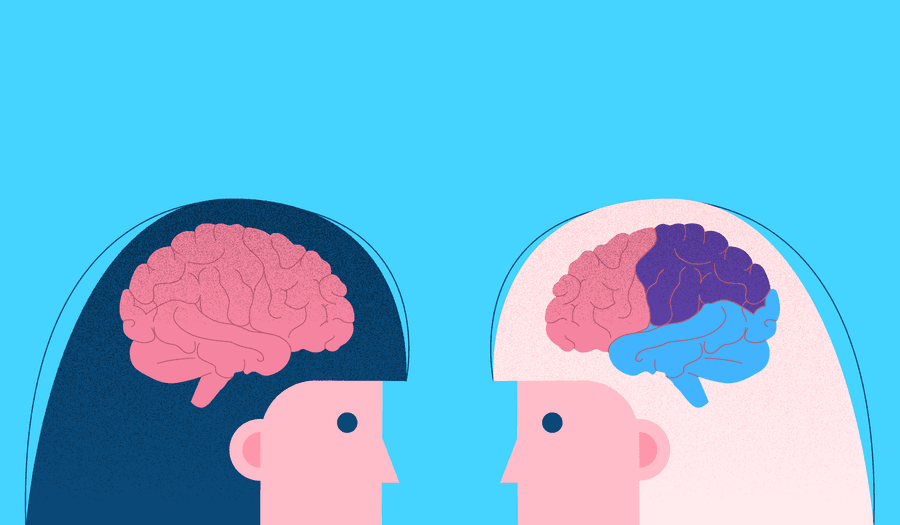The subjective experience
While experts believe that there are a number of basic universal emotions that are experienced by people all over the world regardless of background or culture, researchers also believe that experiencing emotion can be highly subjective
Consider anger, for example. Is all anger the same? Your own experience might range from mild annoyance to blinding rage.
While we have broad labels for emotions such as "angry," "sad," or "happy," your own experience of these emotions may be much more multi-dimensional, hence subjective.
We also don't always experience pure forms of emotion. Mixed emotions over different events or situations in our lives are common.
When faced with a new job, you might feel both excited and nervous. Getting married or having a child might be marked by a wide variety of emotions ranging from joy to anxiety.
These emotions might occur simultaneously, or you might feel them one after another.
57
157 reads
CURATED FROM
IDEAS CURATED BY
I'm passionate about helping people live their best lives. I'm a lifestyle coach & burnout coach.
The idea is part of this collection:
Learn more about psychology with this collection
How to communicate effectively with teachers
How to create a supportive learning environment at home
How to manage your child's school schedule and activities
Related collections
Similar ideas to The subjective experience
The Psychological Effects of Color
While most perceptions of color are subjective, some color effects have universal meaning.
- Colors in the red area of the color spectrum are known as warm colors and include red, orange, and yellow. These warm colors evoke emotions ranging from feelings of warmth and comfort ...
The natural-kind view of emotion
When asked to explain in words what emotion is, we may come up with ideas that feel right, such as "sensitivity to events," or "your mind's reaction to experience," but fundamentally, emotions are intangible and the definitions offered are not good enough for science.
Words like "joy" and...
Read & Learn
20x Faster
without
deepstash
with
deepstash
with
deepstash
Personalized microlearning
—
100+ Learning Journeys
—
Access to 200,000+ ideas
—
Access to the mobile app
—
Unlimited idea saving
—
—
Unlimited history
—
—
Unlimited listening to ideas
—
—
Downloading & offline access
—
—
Supercharge your mind with one idea per day
Enter your email and spend 1 minute every day to learn something new.
I agree to receive email updates

